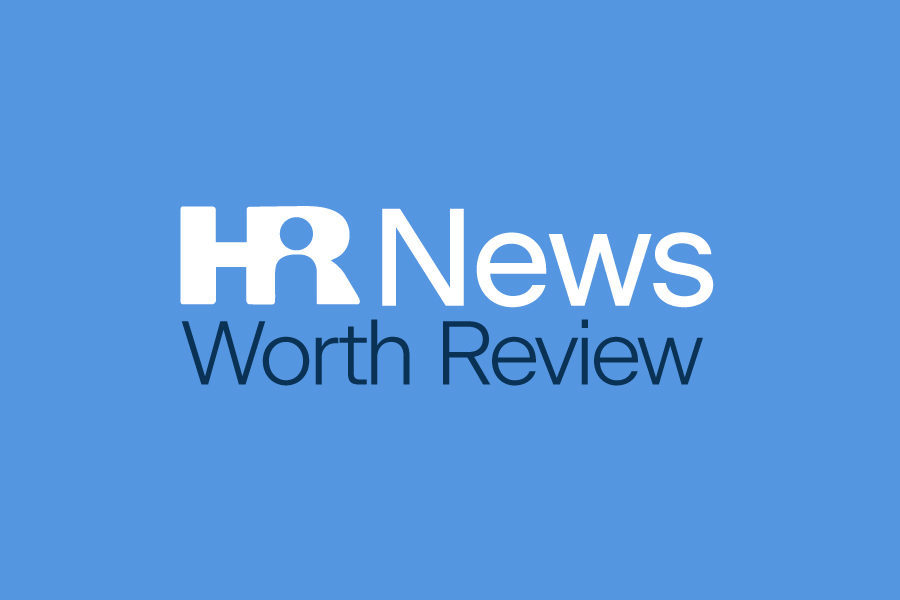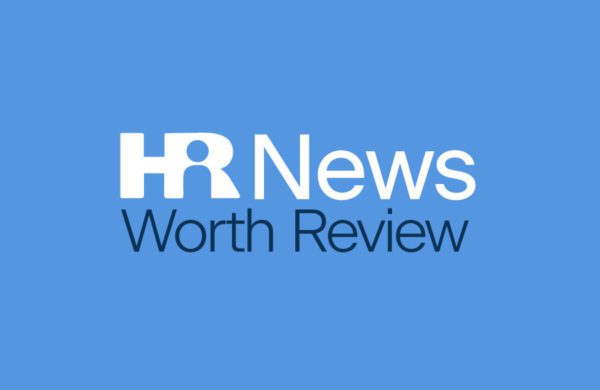CDC Announces Shorter Quarantine Guidelines After a COVID-19 Exposure
During a recent media briefing, the Centers for Disease Control and Prevention (CDC) announced an update to quarantine guidelines, offering options for shorter quarantine periods.
The CDC’s updated guidance allows for the following quarantine periods for those who may have been exposed to COVID-19 but are without symptoms:
- Ten-day quarantine period — An individual may end quarantine 10 days after exposure if the individual does not take a COVID-19 test.
- Seven-day quarantine period — An individual may end quarantine seven days after exposure if the individual tests negative for COVID-19.
Employer Takeaway
ThAs the pandemic evolves, the CDC continues to update guidance for preventing the spread of COVID-19. These updated quarantine guidelines come after the CDC studied the incubation period for COVID-19. The agency hopes that this shortened time period will improve compliance among the general public and lessen the negative economic impact of extended quarantine periods.
While offering these shorter alternatives, the CDC still recommends a 14-day quarantine as the safest option.
PCORI Fee Amount Adjusted for 2021
The Affordable Care Act (ACA) imposes a fee on self-insured plan sponsors in order to fund comparative effectiveness research. These fees are widely known as Patient-Centered Outcomes Research Institute (PCORI) fees and were originally scheduled to expire for plan or policy years ending on or after Oct. 1, 2019. However, a federal spending bill enacted at the end of 2019 extended the PCORI fees for an additional 10 years.
As a result, the Internal Revenue Service (IRS) issued Notice 2020-84 to increase the PCORI fee amount for plan years ending on or after Oct. 1, 2020, and before Oct. 1 2021, to $2.66 multiplied by the average number of lives covered under the plan.
Employer Takeaway
PCORI fees are reported and paid annually on IRS Form 720 (Quarterly Federal Excise Tax Return). These fees are due each year by July 31 of the year following the last day of the plan year. For plans ending in 2020, the next PCORI fee payment will be due Aug. 2, 2021, since July 31, 2021, is a Saturday.
Remote Employee Well-being
An employee’s well-being is defined by various factors, both inside and outside of work — including physical, mental, social and financial well-being. Overall well-being is something that employees desire but can be challenging to achieve. Not only can employees who achieve well-being thrive in their personal and professional lives — they also offer immense benefits to organizations. The good news for employers is that the efforts they take to ensure employee well-being can not only help their employees and their bottom line, but are also very attainable.
Those who are working remotely have many of the same desires as any other employee. However, they also face unique challenges. According to Gallup, a top concern for remote employees is loneliness — which can impact many of the different facets that make up well-being. Ultimately, whether an employee is on-site or remote, employers should consider how to best provide support accordingly, and it’s rarely a one-size-fits-all solution. How do employers prioritize well-being for both on-site and remote employees? Appropriate efforts will vary by organization. To aid you, we have provided this toolkit that offers an overview of well-being, how well-being uniquely applies to remote employees and steps that employers can take.
Subscribe to Higginbotham emails for HR News Worth Review sent to your inbox monthly.


